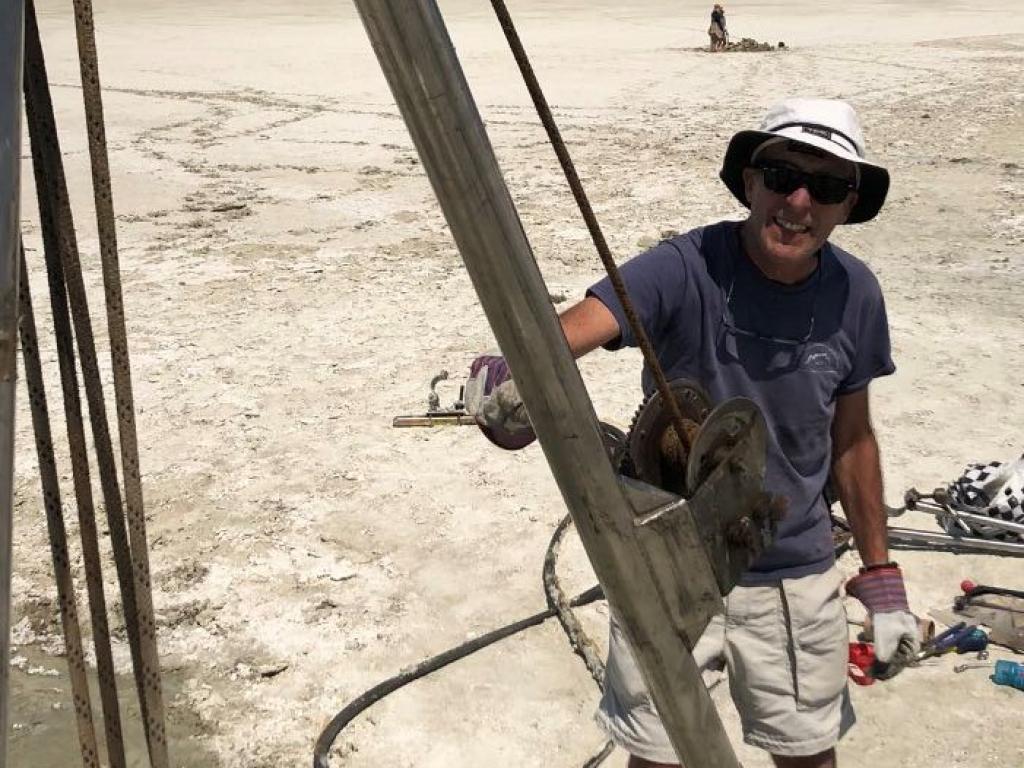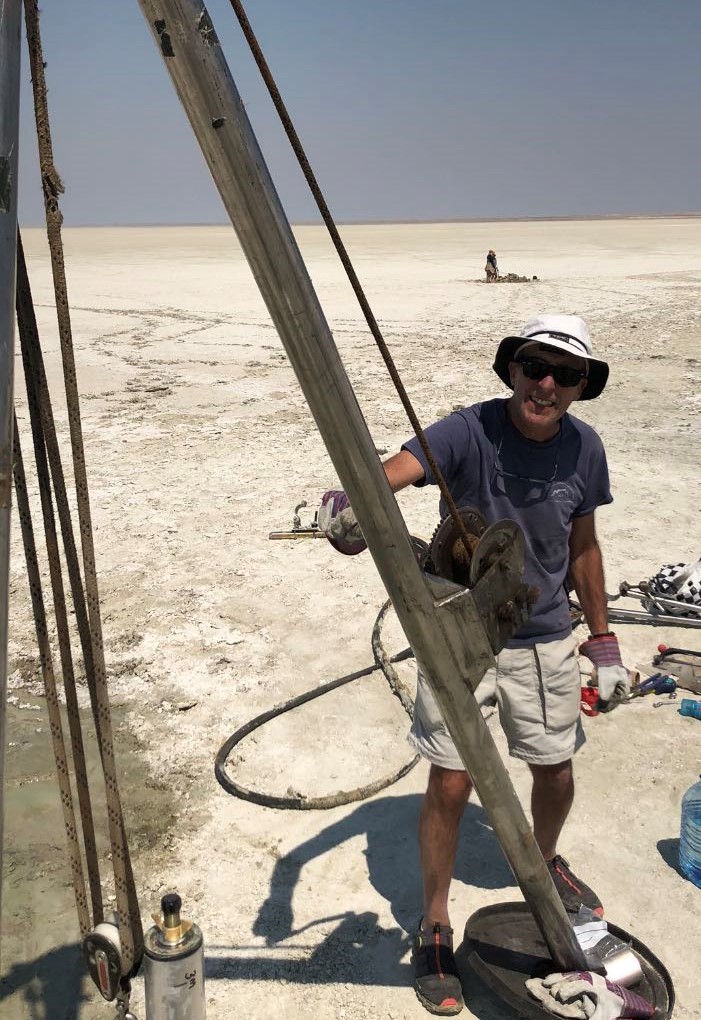Emeritus Professor Michael Meadows Elected President of International Geographical Union


Meadows, who was previously Vice-President (2008-10) and Secretary-General and Treasurer (2010-2018) of the organization is elected to the position for a four-year period. The IGU has a long and distinguished history. It was founded in 1922 and will commemorate its centennial at an Extraordinary General Assembly to be held in Paris in August 2022. Meadows is proud to be only the second person from an African country to be elected as IGU President in almost 100 years and says that he is especially excited by the prospect of presiding over the centennial celebrations.
The purposes of the IGU are essentially to promote the study of geographical problems. The organization, which is a founding member of the International Science Council, gives effect to this through more than 40 research commissions, as well as through its regular series of International Geographical Congresses, regional conferences and thematic meetings. In initiating and promoting geographical research, teaching and outreach internationally, the IGU has a crucial role to play in promoting the UN Sustainable Development Goals. As Meadows says: “Geography is, in many ways, is the science of sustainability”.
Although there are countless national geographical societies and associations globally, the IGU is a fully international body and with this come numerous challenges and responsibilities. The IGU family has almost 100 national member countries across its three membership categories (Full, Associate, Affiliate) but Meadows is hoping to grow the footprint of the organization even further, particularly here in Africa, and across the developing world in general. “We are also intent on improving participation in IGU activities of young and early career geographers and of women”.
A key element of this is the nurturing of internationalism and, while this is a noble objective, there is a danger that it may serve to deepen, rather than alleviate, the disparities and inequities that persist in the global academy. Under his leadership, Meadows hopes that the IGU will contribute to ongoing efforts to iron out these imbalances. He sees this as essential to ensuring that the potential benefits of internationalism are more widely and more equitably shared. The discipline of Geography must play its part in addressing environmental problems and in promoting sustainability in as many nations as possible.